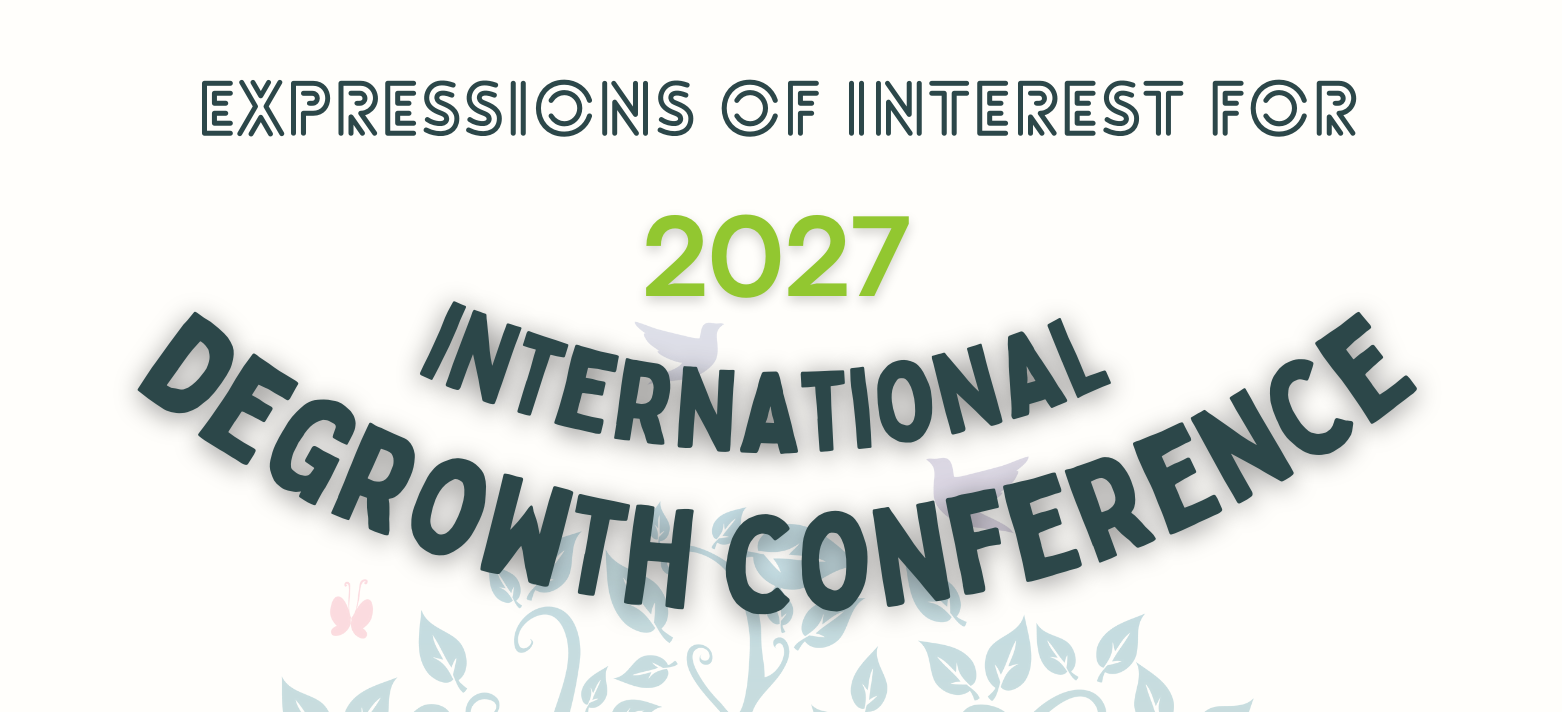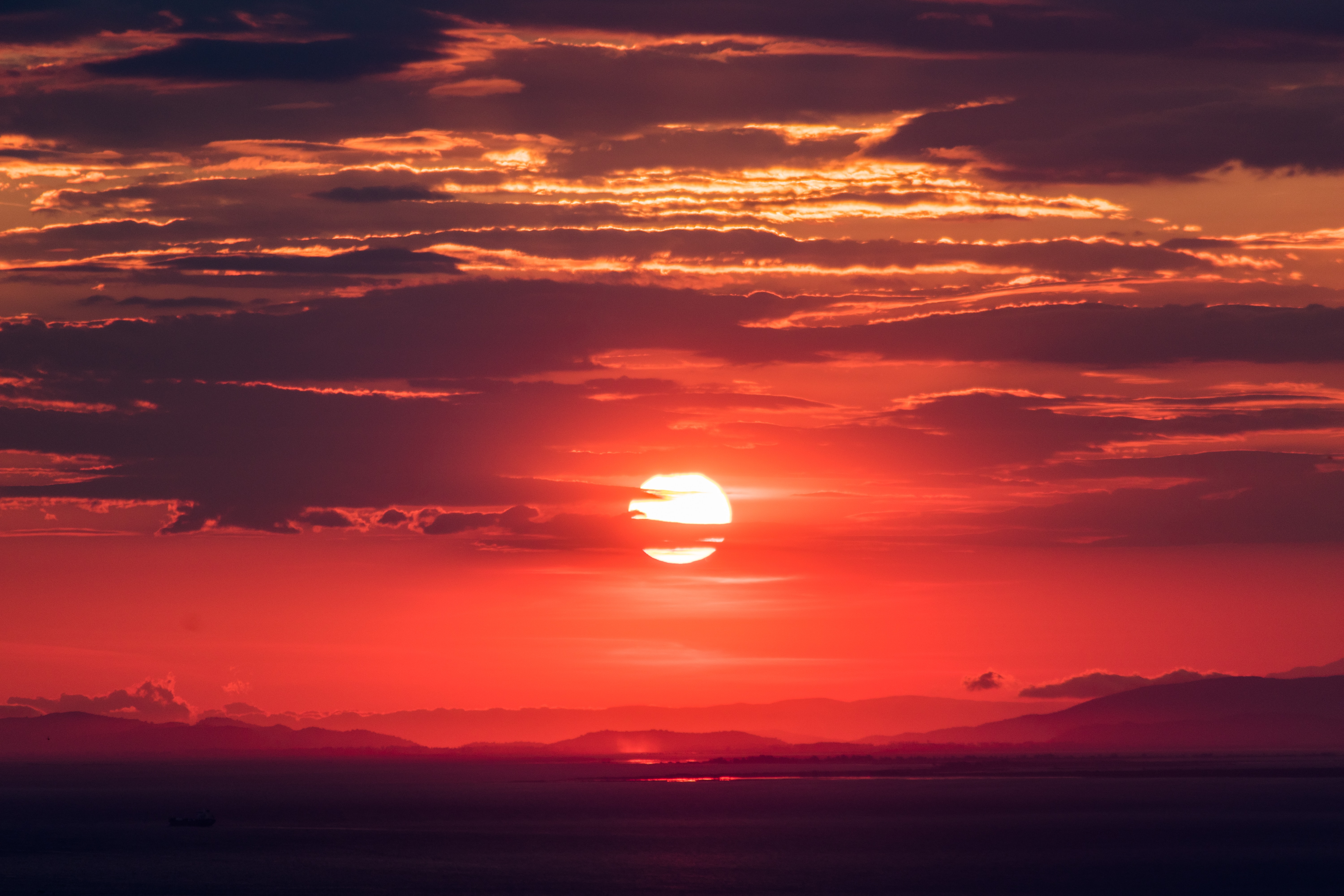More than just a politician, the former president of Uruguay, José “Pepe” Mujica, was a source of inspiration and can be seen as a living embodiment of degrowth principles, even if he didn't use the term: voluntary simplicity, social justice, and ecological responsibility. His unwavering revolutionary commitment and humble lifestyle – famously redistributing most of his income and living on a small farm – challenged the very foundations of consumerism and endless economic growth.
In the spirit of honoring his recent passing, we share a powerful speech delivered by Mujica at the Rio+20 Summit in 2012. His words, as relevant today as they were then, offer a profound critique of our growth-obsessed civilization and a call for a fundamental shift in our way of life.
Present authorities from all latitudes and organizations, thank you very much. Thank you very much to the people of Brazil and its President, Dilma Rousseff. Thank you very much to the good faith that, surely, all the speakers who preceded me have expressed. We express our deepest desire as leaders to support all agreements that this humble human form may subscribe to.
However, allow us to ask some questions aloud. All afternoon we have been talking about sustainable development. About lifting the immense masses out of poverty. What is it that flutters in our heads? The model of development and consumption, which is the current one of the rich societies? I ask myself this question: what would happen to this planet if the Hindus had the same proportion of cars per family as the Germans? How much oxygen would we have left to breathe? More clearly: does the world today have the material elements to make it possible for 7 or 8 billion people to have the same degree of consumption and waste as the most opulent Western societies? Is that possible? Or will we have to, one day, open up to another type of discussion?
Because we have created this civilization in which we are: daughter of the market, daughter of competition, and which has brought about a prodigious and explosive material progress. But the market economy has created market societies. And it has given us this globalization, which means looking all over the planet. Are we governing globalization or is globalization governing us? Is it possible to talk about solidarity and that "we are all together" in an economy based on ruthless competition? How far does our fraternity go?
I say none of this to deny the importance of this event. On the contrary: the challenge we have ahead of us is of a colossal magnitude, and the great crisis is not ecological, it is political. Man does not govern today the forces he has unleashed, but the forces he has unleashed govern man. And life.
Because we do not come to the planet only to develop in general terms. We come to the planet to be happy. Because life is short and it goes away from us. And no material goods are worth as much as life, and this is elementary. But if life is going to escape me, working and working to consume a "plus," and the consumer society is the engine - because, ultimately, if consumption paralyzes, the economy stops, and if the economy stops, the ghost of stagnation appears for each of us - but that hyper-consumption is what is attacking the planet. And they have to generate that hyper-consumption, so that things last little time, because you have to sell a lot. And an electric light bulb, then, cannot last for more than 1000 hours. Although there are light bulbs that can last 100 thousand hours! But those cannot be made because the problem is the market, because we have to work and we have to sustain a civilization of the disposable… and so we are in a vicious circle.
These are political problems that are indicating to us that it is time to start fighting for another culture. It is not about proposing to return to the time of the caveman, nor to have a "monument to backwardness." But we cannot continue, indefinitely, governed by the market. We have to govern the market.
Therefore, I say, in my humble way of thinking, that the problem we have is of a political nature. The old thinkers – Epicurus, Seneca, or even the Aymaras – defined: "poor is not the one who has little, but the one who needs infinitely much, and desires more and more." This is a key of a cultural nature.
So, I am going to salute the effort and the agreements that are made. And I am going to accompany them, as leader. I know that some of the things I am saying may be irritating. But we have to realize that the crisis of water and the aggression to the environment is not the cause. The cause is the model of civilization that we have built. And what we have to review is our way of living.
I belong to a small country very well endowed with natural resources to live. In my country there are a little more than 3 million inhabitants. But there are about 13 million cows, among the best in the world. And about 8 or 10 million wonderful sheep. My country is an exporter of food, dairy products, and meat. It is a plain and almost 90% of its territory is usable.
My fellow workers fought hard for the 8-hour workday. And now they are getting 6 hours. But the one who has 6 hours gets two jobs; therefore, he works more than before. Why? Because you have to pay a number of installments: the motorcycle, the car, and pay installments and installments, and when you want to remember, you are an old rheumatic - like me – and life has passed you by. And one asks oneself this question: is that the destiny of human life?
These things I say are very elementary: development cannot be against happiness. It has to be in favor of human happiness; of love above the Earth, of human relationships, of caring for children, of having friends, of having the elementary things. Precisely, because that is the most important treasure we have, happiness. When we fight for the environment, we have to remember that the first element of the environment is called human happiness.

The Support Group is currently open to expressions of interest from parties who wish to organize the 2027 edition of the International Conference Series on Degrowth for Ecological Sustainability and Social Equity.

Looking back at the past year in degrowth, as told by our blog

As the world around us changes, so do the ambitions of degrowth.info. In this post, we share some reflections on the past year of our collective and set out new directions for 2023.